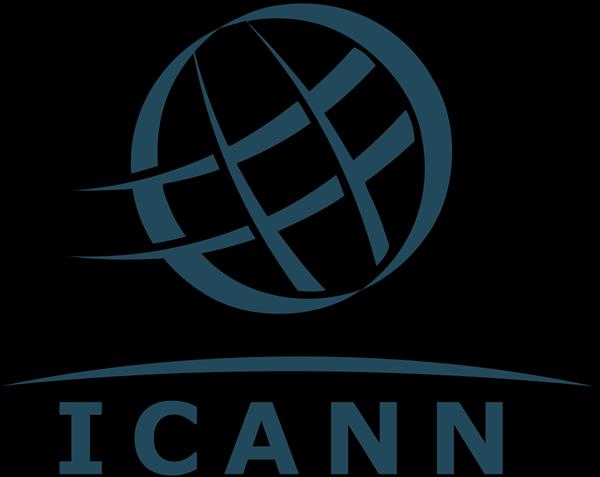
Internet Organisations Fostering Internet Governance & Digital Infrastructure In The Arab States
· The RIPE NCC, the Internet Corporation for Assigned Names and Numbers (ICANN) and the Internet Society (ISOC) co-hosted the webinar
· The event came days before ITU's World Telecommunication Development Conference (WTDC) and Partner2Connect Digital Development Roundtable
The significance of Internet governance and the roles different Internet organisations play in developing human capabilities and sustaining digital infrastructures in the Arab States were some of the issues discussed during a virtual symposium dedicated to Arab governments, regulatory authorities and official delegations to WTDC. The event was co-hosted by the RIPE NCC, the Internet Corporation for Assigned Names and Numbers (ICANN) and the Internet Society (ISOC).
This virtual meeting, entitled “The Role of Internet Organisations in Capacity Development and Supporting Internet Digital Infrastructures in the Arab Countries”, holds further significance as it came days before the ITU's World Telecommunication Development Conference, taking place in Kigali, Rwanda, from 6 to 16 June 2022. The meeting aimed to increase awareness about digital infrastructure that is proving to be critical and timely, especially during a global crisis and prevailing geopolitics that highlight how essential Internet connectivity is for individuals, societies, businesses and economies.
The webinar began with the opening remarks of Adel Darwish, Director of the International Telecommunication Union's (ITU) Regional Office for the Arab States, who emphasised the importance of having more coordinated and better synergies for sustainable development of the Internet in the region as well as globally.
Fahd Batayneh, Stakeholder Engagement Senior Manager – Middle East at ICANN , spoke about ICANN, its role in the wider Internet ecosystem and the multistakeholder model of governance as the means for policy development. He talked about ICANN's different supporting organisations and advisory committees, including the role of governments through the Governmental Advisory Committee (GAC) in its policy development process. Furthermore, Batayneh highlighted ICANN's technical and non-technical capacity-building programs, including the annual Middle East School on Internet Governance, organised with the RIPE NCC, the Internet Society and others.
Chafic Chaya, the RIPE NCC's Public Policy and Government Affairs Regional Manager – Middle East , defined the organisation's roles and responsibilities, highlighting the RIPE NCC's strategic plan for 2022-2026 built on robust community engagement, secure Internet, a resilient Internet registry and stable organisation. He outlined projects with Arab governments and regulators, regional cooperation and activities with international organisations, and capacity-building training programs. He stressed the importance of such webinars with governments to continue the dialogue and exchange experiences and insights in Internet infrastructure and governance-related issues. Dr Chaya shared the RIPE NCC's pledges for the Partner2Connect Digital Coalition and how Arab governments and communities can benefit.
Hanna Kreitem, Senior Advisor, Internet Technology and Development – MENA at the Internet Society , reviewed the Internet Society's vision and mission. He gave an overview of the organisation's projects for maintaining a globally connected, open, secure and trustworthy Internet through its 2025 strategy and its work with governments, telecommunication regulatory authorities, academia, organisations and individuals. Dr Kreitem discussed what resources the Internet Society is making available to help participants at WTDC to prepare for fruitful participation, including a dedicated website, background papers and a summary matrix of issues discussed. Finally, he showcased the pledge the Internet Society is making to the Partner2Connect Digital Coalition and how governments in the region can be part of it.
The discussion highlighted the importance of a bottom-up policy development process for Internet organisations and the opportunities for collaboration available to regional governments and telecommunication regulatory authorities. In addition, the webinar also identified current challenges in Internet governance, such as limited human and financial resources and the complexity of digital infrastructure, which makes it challenging to place under one single governing authority.

Legal Disclaimer:
MENAFN provides the
information “as is” without warranty of any kind. We do not accept
any responsibility or liability for the accuracy, content, images,
videos, licenses, completeness, legality, or reliability of the information
contained in this article. If you have any complaints or copyright
issues related to this article, kindly contact the provider above.











Comments
No comment